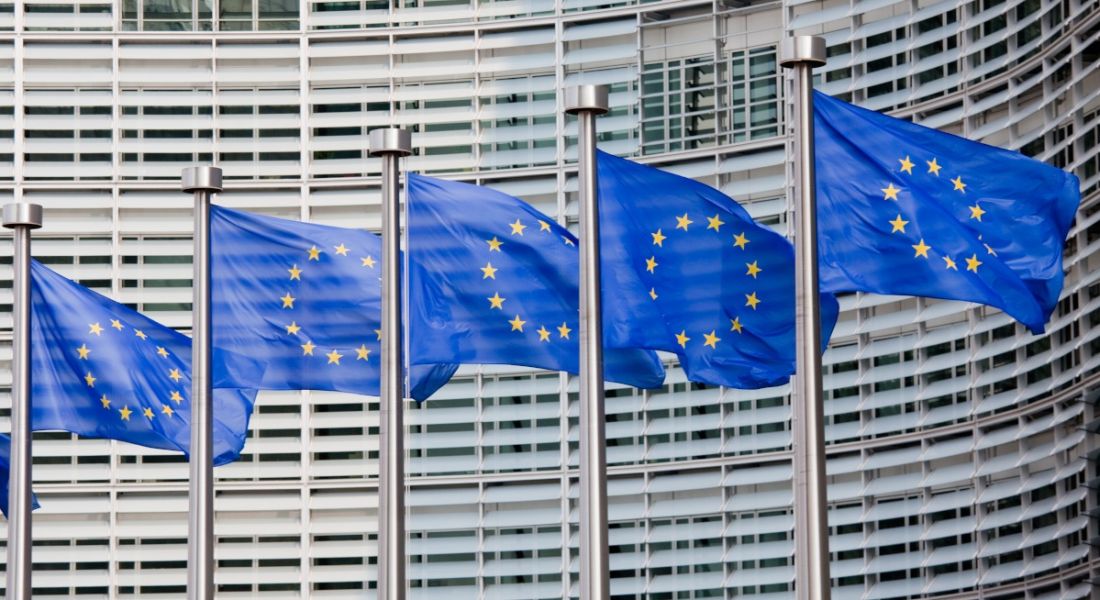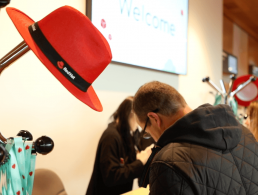The European Commission has declared that 2023 will be all about skills. Here’s what that means for workers within the region.
In her 2022 state of the union address in September, EU president Ursula von der Leyen spoke about how European companies are grappling with a shortage of staff.
“We need much more focus in our investment on professional education and upskilling. We need better cooperation with the companies, because they know best what they need. And we need to match these needs with people’s aspirations. But we also have to attract the right skills to our continent, skills that help companies and strengthen Europe’s growth,” she said.
“As a first important step, we need to speed up and facilitate the recognition of qualifications also of third country nationals. This will make Europe more attractive for skilled workers. This is why I am proposing to make 2023 the European Year of Skills.”
Following this, the European Commission adopted the proposal, which aims to strengthen the region’s competitiveness and attract talent to our continent.
This is particularly important in relation to tech and digital skills.
According to the Digital Economy and Society Index, every third person who works in Europe lacks basic digital skills.
Additionally, there is low representation of women in tech-related professions and studies, with only 1 in 6 IT specialists and 1 in 3 STEM graduates being women.
What will be done?
While the year is just beginning, the Commission plans to move the dial on Europe’s skills shortages by building on many EU initiatives already ongoing, such as the European skills agenda, the European strategy for universities and the digital skills and jobs platform.
There is also several funding supports the EU can use to further support skills development this year, such as the Digital Europe Programme’s €580m for development of advanced digital skills, and Horizon Europe, which underpins skills for researchers, entrepreneurs and innovators.
While the European Association for the Education of Adults welcomed the thematic year, it stressed that skills will need to be understood in a holistic way.
“It will be of particular concern to us in the coming year to point out that ‘skills’ should not leave anyone behind: we advocate an inclusive approach to education and lifelong learning that promotes social, ecological and economic sustainability.”
What does this mean for Ireland?
Ireland is not immune to skills shortages, particularly in areas such as cybersecurity and tech.
Speaking to SiliconRepublic.com, Conor Carmody, programme director of The Innovation Exchange, said the European Year of Skills is a positive initiative and one that Ireland should seize on to empower and futureproof its workforce.
“The challenge of closing the digital skills gap is significant, with the commission stating that in Europe less than 50pc of adults have the digital skills needed for 90pc of roles in the future. While this does seem daunting, the prospects here for Ireland are vast including driving innovation, improving the competitiveness of companies (both large multinational corporates and indigenous SMEs) and ensuring a positive outlook for the future of the Irish economy,” he said.
“The 2030 target by the EU that at least 80pc of all adults should have at least basic digital skills is again something we should aim for as well. The digital transformation is happening across a multitude of industries and sectors and there is a real chance for Ireland and indeed the wider European economies to benefit by promoting and investing in programmes that will upskill its workforce.”
The European Parliament and the council will now discuss the Commission’s proposal, with the opinions of the European Economic and Social Committee and the Committee of the Regions taken into account.
To ensure the coordination of relevant activities at national level, the commission has also called on member states to appoint a national coordinator for the European Year of Skills.
10 things you need to know direct to your inbox every weekday. Sign up for the Daily Brief, Silicon Republic’s digest of essential sci-tech news.




